Home>Articles>Why Does My Sink Gurgle When The Toilet Is Flushed
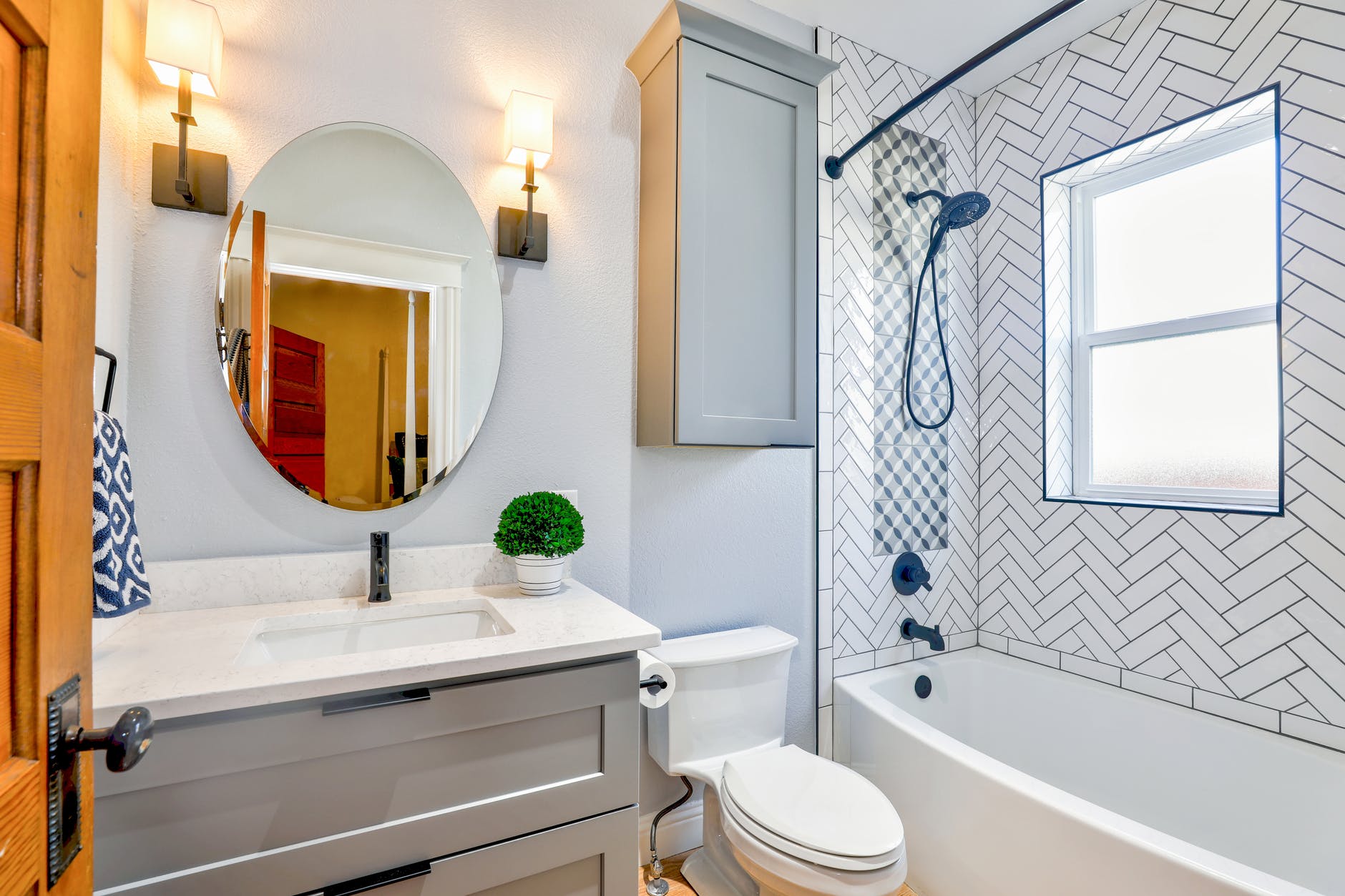

Articles
Why Does My Sink Gurgle When The Toilet Is Flushed
Modified: February 28, 2024
Prevent sink gurgling when toilet is flushed with our informative articles. Find solutions to tackle plumbing issues and maintain a smooth drainage system.
(Many of the links in this article redirect to a specific reviewed product. Your purchase of these products through affiliate links helps to generate commission for Storables.com, at no extra cost. Learn more)
Introduction
A gurgling sink when the toilet is flushed can be a frustrating and unpleasant experience for homeowners. Not only does it disrupt the normal flow of household activities, but it can also indicate underlying plumbing issues that need to be addressed. In this article, we will explore the common causes of a gurgling sink when the toilet is flushed and discuss possible solutions to resolve this problem.
When you flush the toilet, the wastewater from the toilet flows down the drain and enters the sewer system. Simultaneously, air needs to enter the drain system to equalize the pressure and prevent any vacuum from forming. This is where the plumbing vent system comes into play. The vent pipe runs from the plumbing fixtures through the roof, allowing air to enter the drain system and maintain proper drainage functionality.
However, if there are issues with the vent pipe or other components of the plumbing system, such as a clogged drain line or a faulty plumbing trap, the air might be restricted from entering the system. As a result, you may hear a gurgling sound coming from the sink when you flush the toilet. Let’s take a closer look at the potential causes of this problem and what you can do to fix it.
Key Takeaways:
- Addressing a gurgling sink when flushing the toilet requires understanding common causes like blocked vent pipes, clogged drain lines, faulty plumbing traps, and partially blocked sewer lines. Prompt professional assistance and regular maintenance are essential for effective resolution.
- Clearing blockages in the vent pipe, unclogging drain lines, repairing or replacing faulty plumbing traps, and addressing partially blocked sewer lines are crucial steps to fix a gurgling sink. Professional plumbers can accurately diagnose and implement the most appropriate solutions for each specific issue.
Read more: Why Does My Sink Gurgle
Common Causes of Gurgling Sink When Toilet Is Flushed
A gurgling sink when the toilet is flushed can indicate various plumbing issues. By understanding these common causes, you can better pinpoint the root of the problem and take the necessary steps to resolve it. Here are some potential culprits:
- Blocked Vent Pipe: The vent pipe plays a crucial role in maintaining proper air circulation in the plumbing system. If the vent pipe is blocked, air cannot enter the drain system, causing a negative pressure situation. This can lead to gurgling sounds in the sink when the toilet is flushed.
- Clogged Drain Line: A clogged drain line can cause wastewater to back up and create pressure in the plumbing system. When you flush the toilet, the water tries to find an alternative path, resulting in gurgling sounds in the sink. Common causes of a clogged drain line include a buildup of debris, grease, or tree roots.
- Faulty Plumbing Trap: The plumbing trap is designed to prevent sewer gases from entering your home while still allowing wastewater to flow freely. If the trap is damaged, worn out, or incorrectly installed, it can create a suction effect when the toilet is flushed. This suction can cause air to be drawn from the sink, leading to gurgling noises.
- Partially Blocked Sewer Line: A partially blocked sewer line can disrupt the flow of wastewater from your home to the main sewer line. As a result, when you flush the toilet, the water encounters resistance and creates air bubbles, causing the sink to gurgle. Common causes of a partially blocked sewer line include tree root intrusion, sediment buildup, or collapsed pipes.
It’s important to note that these causes are not mutually exclusive, and your specific situation may involve a combination of factors. Consulting with a professional plumber can help you identify the exact cause and provide the most appropriate solution to resolve the gurgling sink issue.
Blocked Vent Pipe
A blocked vent pipe can be one of the main culprits behind a gurgling sink when the toilet is flushed. The vent pipe plays a crucial role in the plumbing system by allowing air to enter the drain system, equalizing pressure, and ensuring proper drainage. When the vent pipe is blocked, it restricts the airflow, creating a negative pressure situation and causing gurgling noises in the sink.
There are several potential causes of a blocked vent pipe, including:
- Debris: Over time, debris such as leaves, sticks, and even bird nests can accumulate in the vent pipe. This can block the airflow and lead to gurgling sink issues when you flush the toilet.
- Ice or Snow: In colder climates, vent pipes can become blocked or partially obstructed by ice or snow during the winter months. This can restrict the airflow and cause gurgling sounds in the sink.
- Animal Nests: Small animals like birds or squirrels may build nests inside the vent pipe, especially if there are openings or cracks. These nests can block the airflow and result in gurgling noises when flushing the toilet.
- Structural Issues: Sometimes, vent pipes can accumulate debris or become blocked due to structural issues, such as improper installation or damage to the pipe. These issues can restrict the flow of air and lead to gurgling sounds in the sink when the toilet is flushed.
If you suspect that a blocked vent pipe is causing the gurgling sink issue, it’s advisable to seek the assistance of a professional plumber. They have the knowledge and tools to safely access the vent pipe, identify the blockage, and clear it effectively.
The plumber may use techniques such as snaking or water jetting to remove the blockage from the vent pipe. In some cases, they may need to disassemble sections of the pipe for thorough cleaning or repair any structural issues that are causing the blockage.
Regular inspections and maintenance of the vent pipe can help prevent blockages and ensure proper airflow in the plumbing system. It’s recommended to have your vent pipe inspected periodically, especially after severe weather conditions or if you notice any signs of gurgling or poor drainage in your sink when flushing the toilet.
Clogged Drain Line
A clogged drain line is another common cause of a gurgling sink when the toilet is flushed. The drain line is responsible for carrying wastewater from your home’s plumbing fixtures to the main sewer line. When the drain line becomes clogged, it can disrupt the normal flow of water and create pressure in the plumbing system, leading to gurgling sounds in the sink.
There are several reasons why a drain line may become clogged:
- Debris Buildup: Over time, debris such as hair, soap residue, food particles, and grease can accumulate in the drain line. This buildup can gradually restrict the flow of water and cause clogs, resulting in gurgling sounds when flushing the toilet.
- Tree Roots: Tree roots are a common cause of drain line clogs. Roots can infiltrate the pipe joints underground, seeking moisture and nutrients. As the roots grow and expand, they can exert pressure on the pipe, causing it to crack or collapse. Additionally, roots can catch debris and create blockages in the drain line, leading to gurgling in the sink.
- Foreign Objects: Objects accidentally flushed down the toilet or washed down the sink can also obstruct the drain line. This includes items like sanitary products, wipes, paper towels, or small toys. When these objects get stuck in the pipe, they can impede the flow of water and cause gurgling sounds.
- Sediment or Scale: Over time, minerals and sediment can build up on the walls of the drain line, reducing its diameter and obstructing water flow. This can occur in older plumbing systems or areas with hard water, resulting in clogs that lead to gurgling in the sink.
If you suspect a clogged drain line is causing the gurgling sink issue, there are several steps you can take to address the problem. You can try using a plunger or a drain snake to dislodge the blockage. However, it’s essential to exercise caution and avoid using chemical drain cleaners as they can cause further damage to the pipe or harm the environment.
If DIY methods are unsuccessful, it’s best to consult a professional plumber. They have the expertise and specialized equipment to locate and remove stubborn clogs effectively. Depending on the severity of the clog, they may use techniques like hydro jetting to powerfully flush out the obstruction or employ a camera inspection to identify the exact location of the clog and determine the most appropriate course of action.
Regular drain maintenance, such as avoiding flushing inappropriate items and periodic drain cleaning, can help prevent clogs and minimize the chances of experiencing a gurgling sink when flushing the toilet.
Faulty Plumbing Trap
A faulty plumbing trap can contribute to the occurrence of a gurgling sink when the toilet is flushed. The plumbing trap is a curved section of pipe located beneath the sink, which is designed to retain a small amount of water in order to prevent sewer gases from entering the home. When the trap is damaged, worn out, or improperly installed, it can create suction effects that draw air from the sink, resulting in gurgling noises.
There are several common issues that can cause a faulty plumbing trap:
- Cracks or Leaks: Over time, the plumbing trap can develop cracks or leaks. This can occur due to age, corrosion, or damage. These openings can disrupt the water seal and allow air to escape from the pipe, leading to gurgling sounds when flushing the toilet.
- Improper Venting: The plumbing trap relies on a properly functioning vent system to maintain proper pressure and prevent suction effects. If the vent pipe is blocked or obstructed, it can disrupt the air balance and cause gurgling in the sink when the toilet is flushed.
- Incorrect Trap Installation: Sometimes, the plumbing trap is not installed correctly, resulting in an improper seal or inadequate water retention. This can invite the entry of sewer gases and create suction effects that cause gurgling sounds.
- Worn-out Trap Components: The components within the plumbing trap, such as the trap arm, trap seal, or trap nut, can deteriorate over time. This can lead to improper sealing or weakened structural integrity, causing gurgling noises in the sink.
If you suspect a faulty plumbing trap as the source of your gurgling sink issue, it’s important to address it promptly to avoid any potential health hazards. Consulting a professional plumber is recommended for accurate diagnosis and proper repairs. They can inspect the trap, identify any cracks or leaks, and determine if repair or replacement is necessary.
Repairing the plumbing trap may involve replacing damaged components, resealing connections, or adjusting the trap alignment. In some cases, a complete replacement might be necessary, especially if the trap is outdated or extensively damaged.
Maintaining a properly functioning plumbing trap is important for the safety and functionality of your plumbing system. Regular inspections, checking for leaks or cracks, and ensuring proper venting can help prevent a faulty plumbing trap from causing gurgling sounds when flushing the toilet.
Read more: Bathtub Gurgles When Toilet Is Flushed
Partially Blocked Sewer Line
A partially blocked sewer line is a common culprit behind a gurgling sink when the toilet is flushed. The sewer line is responsible for carrying wastewater from your home to the main sewer system. When the sewer line becomes partially blocked, it restricts the flow of wastewater and creates pressure in the plumbing system, leading to gurgling sounds in the sink.
There are several reasons why a sewer line may become partially blocked:
- Tree Root Intrusion: Tree roots are a common cause of sewer line blockages. As tree roots grow, they can invade and penetrate sewer pipes, causing obstructions and pipe damage. This can result in a partial blockage, leading to gurgling sounds in the sink when the toilet is flushed.
- Sediment or Grease Buildup: Over time, sediment, grease, and other debris can accumulate and adhere to the walls of the sewer line. This buildup can gradually narrow the pipe’s diameter and restrict the flow of wastewater, causing gurgling sounds in the sink.
- Collapsed or Damaged Pipe: A collapsed or damaged sewer pipe can obstruct the flow of wastewater. This can occur due to ground movement, shifting soil, corrosion, or aging of the pipes. The blockage caused by a collapsed or damaged pipe can lead to gurgling in the sink when flushing the toilet.
- Pipe Misalignment: Misaligned or offset sewer pipes can create areas where debris can accumulate and cause partial blockages. These blockages can impede the flow of wastewater and result in gurgling sounds when flushing the toilet.
If you suspect a partially blocked sewer line is causing the gurgling sink issue, it is recommended to consult a professional plumber. They have the expertise and specialized equipment to assess the condition of the sewer line and determine the best course of action.
The plumber may use methods such as hydro jetting, a high-pressure water flow, to clear the blockage and restore proper water flow in the sewer line. In some cases, they may also perform a camera inspection to identify the location and cause of the blockage, allowing for targeted repairs or pipe replacement if necessary.
To minimize the risk of a partially blocked sewer line, regular maintenance is key. This includes avoiding flushing non-biodegradable items down the toilet, using drain strainers to catch debris, and scheduling periodic sewer line inspections to detect and address issues before they develop into major problems.
By addressing and resolving any partial blockages in the sewer line, you can alleviate the gurgling sink issue and ensure the proper functioning of your plumbing system.
Check for a clog in the drain pipe by using a plunger or a drain snake. If the problem persists, it may be a sign of a more serious plumbing issue and you should contact a professional plumber.
Solutions to Fix Gurgling Sink
Experiencing a gurgling sink when the toilet is flushed can be frustrating, but there are several solutions available to address this issue. The appropriate solution will depend on the underlying cause of the problem. Here are a few common solutions to consider:
- Clearing the Vent Pipe: If a blocked vent pipe is causing the gurgling sink, it’s important to clear the obstruction to restore proper airflow. A professional plumber can use techniques such as snaking or water jetting to remove the blockage and ensure the vent pipe is free from any debris, ice, or animal nests.
- Unclogging the Drain Line: When a clogged drain line is the culprit, it’s necessary to remove the obstruction to restore normal water flow. This can be done using a plunger, drain snake, or hydro jetting. Consulting a plumber is advisable for stubborn clogs or if the DIY methods are unsuccessful.
- Repairing or Replacing the Plumbing Trap: A faulty plumbing trap may require repair or replacement to fix the gurgling sink. A professional plumber can inspect the trap, identify any cracks or leaks, and perform the necessary repairs. In some cases, a complete replacement might be necessary, especially if the trap is extensively damaged or improperly installed.
- Clearing the Sewer Line: When a partially blocked sewer line is causing the gurgling sink, it’s crucial to clear the blockage to restore proper wastewater flow. A plumber can use techniques like hydro jetting or perform targeted repairs, such as removing tree roots, addressing collapsed pipes, or clearing sediment buildup, to resolve the issue.
It’s important to note that DIY methods can be effective for minor issues, such as small clogs or obstructions. However, for complex or persistent problems, it is highly recommended to consult a professional plumber. They have the expertise, knowledge, and specialized equipment to diagnose the issue accurately and implement the most appropriate solution.
Additionally, to prevent future gurgling sink problems, it’s essential to practice regular maintenance and proper usage of the plumbing system. This includes avoiding flushing non-biodegradable items down the toilet, using drain strainers to catch debris, scheduling periodic inspections, and seeking professional assistance at the first sign of plumbing issues.
By taking proactive measures and addressing any underlying causes, you can effectively resolve the gurgling sink problem and ensure the smooth and efficient operation of your plumbing system.
Clearing the Vent Pipe
Clearing a blocked vent pipe is crucial to fixing a gurgling sink when the toilet is flushed. The vent pipe plays a vital role in maintaining proper airflow and pressure balance in the plumbing system. If the vent pipe is obstructed, it restricts the entry of air, causing negative pressure and resulting in gurgling sounds in the sink.
Here are some steps to clear a blocked vent pipe:
- Identify the Blockage: Before attempting to clear the vent pipe, it’s essential to locate the blockage. This can be done by inspecting the vent pipe from the roof or using specialized tools like a plumbing snake with a camera attachment.
- Remove Debris: If the blockage in the vent pipe is due to debris like leaves, twigs, or bird nests, it can often be removed manually. Use a plumber’s snake or a long, flexible brush to carefully push or pull out the obstruction from the vent pipe.
- Clear Ice or Snow: In colder climates, ice or snow can accumulate and block the vent pipe. Using warm water or a de-icing solution, carefully pour it down the vent pipe to melt the obstruction. It’s important to exercise caution and ensure the safety of the area below to prevent any accidental spills or slips.
- Professional Assistance: If the blockage in the vent pipe is stubborn or persistent, it’s advisable to seek the help of a professional plumber. They have the expertise and tools to effectively clear the vent pipe and ensure proper airflow in the plumbing system.
Clearing a blocked vent pipe can be a challenging task, especially if the obstruction is deep within the pipe or difficult to access. Therefore, it’s important to prioritize safety and consider consulting a professional plumber to avoid any potential damage to the vent pipe or personal injury.
Regular maintenance can help prevent vent pipe blockages. This includes periodically inspecting the vent pipe, especially after severe weather conditions or during seasons when blockages are more likely to occur. Trim any overhanging branches near the vent pipe, as well, to prevent tree debris from entering.
By promptly clearing a blocked vent pipe, you can restore proper airflow, alleviate the gurgling sink issue, and ensure the functionality of your plumbing system.
Unclogging the Drain Line
Unclogging a drain line is essential to fix a gurgling sink when the toilet is flushed. A clogged drain line can disrupt the normal flow of water and create pressure in the plumbing system, leading to gurgling sounds in the sink. Here are some steps to unclog a drain line:
- Assess the Severity: Determine the severity of the clog. If the water is draining slowly or there is a partial blockage, you can attempt to address it yourself. However, if the clog is severe or DIY methods have been unsuccessful, it’s recommended to seek the assistance of a professional plumber.
- Plunger Technique: Start by using a plunger to try and dislodge the clog. Ensure there is enough water in the sink or tub to cover the rubber part of the plunger. Position the plunger over the drain and vigorously plunge up and down to create pressure and dislodge the blockage. Repeat this process several times and then check if the water drains freely.
- Drain Snake: If the plunger does not remove the clog, a drain snake, also known as a plumber’s snake, can be used. Insert the snake into the drain and rotate it while pushing it forward. This motion should help break up or hook onto the blockage, allowing you to pull it out. Be cautious not to damage the pipes during the process.
- Chemical Drain Cleaners: Chemical drain cleaners can be used as a last resort, but they should be used sparingly and with caution. Follow the instructions carefully and only use drain cleaners that are safe for your specific plumbing system. Keep in mind that these cleaners can be harmful to the environment and may cause damage if used incorrectly.
- Professional Assistance: If DIY methods are unsuccessful or if you are unsure about how to proceed, it’s best to contact a professional plumber. They have the knowledge, tools, and expertise to effectively unclog the drain line without causing any further damage to the pipes.
Preventing future drain line clogs is essential. One way to do this is by using drain covers or strainers to catch debris and prevent it from entering the pipes. Additionally, avoid flushing non-biodegradable items down the toilet and refrain from pouring grease or oil down the sink.
By taking prompt action to unclog a drain line, you can restore proper water flow, eliminate the gurgling sink issue, and ensure the efficient functioning of your plumbing system.
Repairing or Replacing the Plumbing Trap
To fix a gurgling sink when the toilet is flushed, repairing or replacing the plumbing trap may be necessary. The plumbing trap, located beneath the sink, prevents sewer gases from entering your home while allowing wastewater to flow freely. When the trap is damaged, worn out, or incorrectly installed, it can create suction effects that draw air from the sink, resulting in gurgling noises.
Here are some steps to repair or replace a faulty plumbing trap:
- Assess the Trap Condition: First, inspect the plumbing trap to determine the extent of the damage or if any repairs can be made. Look for cracks, leaks, or signs of wear and tear. If the damage is minor and contained to specific components, such as the slip nuts or washers, repairing those parts may be sufficient.
- Shut Off Water Supply: Before starting any repairs, it is important to turn off the water supply to the affected sink. Locate the shut-off valves underneath the sink and close them to prevent any water leaks or accidents while working on the trap.
- Disassemble the Trap: Using pliers or adjustable wrenches, carefully loosen and remove the slip nuts that connect the trap to the sink drain and the vertical drain pipe. Detach the trap and inspect it thoroughly for any internal blockages, debris, or corrosion. Clean the trap if necessary.
- Repairing the Trap: If the trap has minor damage, such as small cracks or worn-out washers, these components can be replaced. Consult with a plumber or a home improvement expert to find the appropriate replacement parts. Follow the manufacturer’s instructions to install the new components and ensure a secure and watertight connection.
- Replacing the Trap: If the plumbing trap is extensively damaged, has significant cracks, or is improperly installed, it may be necessary to replace it entirely. Purchase a new trap that matches the size, type, and configuration of the existing trap. Install the new trap by connecting the slip nuts and hand-tightening them to establish a firm connection.
- Test for Leaks: Once the repairs or replacement are complete, turn on the water supply to the sink and check for any leaks around the trap connections. Tighten the slip nuts as needed to eliminate any leaks. Run water through the sink to ensure proper drainage and check if the gurgling sound has been resolved.
If you are unsure about how to repair or replace a plumbing trap, it’s recommended to consult a professional plumber. They can accurately assess the condition of the trap, provide expert advice, and ensure that the repairs or replacements are done correctly.
Maintaining a properly functioning plumbing trap is essential for preventing sewer gases from entering your home and eliminating gurgling sink issues. Regular inspections, prompt repairs, and proper installation can help maintain the integrity of the plumbing trap and ensure the smooth operation of your plumbing system.
Clearing the Sewer Line
To resolve a gurgling sink when the toilet is flushed, it may be necessary to clear the sewer line. A partially blocked sewer line can disrupt the flow of wastewater from your home to the main sewer line, resulting in gurgling sounds in the sink. Clearing the sewer line involves identifying and removing the blockage or addressing any structural issues. Here’s how it can be done:
- Identify the Blockage: The first step in clearing the sewer line is to identify the location and nature of the blockage. Plumbers often use specialized camera inspection tools to visually inspect the sewer line and locate the obstruction.
- Hydro Jetting: Hydro jetting is a common method used to clear blockages in the sewer line. It involves using high-pressure water to break up clogs or debris and flush them out of the pipe. Plumbers insert a specialized nozzle into the sewer line and release a powerful stream of water to dislodge the blockage.
- Snaking: Snaking, or using a plumber’s snake, is another technique employed to clear sewer line blockages. Plumbers use a long, flexible cable with a rotating head to break through the obstruction and restore proper water flow. This method is particularly effective for clearing tree roots or smaller clogs.
- Root Treatment: If tree roots are the cause of the blockage, a root treatment may be necessary. Plumbers can use specialized chemicals or foams designed to kill roots and inhibit their future growth in the sewer line. This helps to prevent future blockages and gurgling sink issues.
- Structural Repairs: In cases where the sewer line is damaged due to collapsed pipes, misalignments, or deterioration, structural repairs may be required. Plumbers can assess the extent of the damage and determine the appropriate method of repair, such as pipe relining or pipe replacement.
Clearing the sewer line is a task best left to professional plumbers who have the expertise and specialized equipment to handle the job safely and effectively. They can perform an accurate diagnosis, select the most suitable clearing method, and ensure the blockage is completely eliminated.
Prevention is key to avoiding future sewer line blockages. Regular maintenance, such as annual inspections and proactive root treatments, can help identify and address potential issues before they escalate. Additionally, avoiding flushing inappropriate items down the toilet and properly disposing of fats, oils, and grease can minimize the risk of blockages in the sewer line.
By promptly and effectively clearing the sewer line, you can restore proper wastewater flow, eliminate gurgling sounds in the sink, and maintain the proper functioning of your plumbing system.
Conclusion
Experiencing a gurgling sink when the toilet is flushed can point to underlying plumbing issues that need to be addressed. Understanding the common causes and implementing the appropriate solutions can help resolve this problem and ensure the proper functioning of your plumbing system.
In this article, we explored the common causes of a gurgling sink when the toilet is flushed, including a blocked vent pipe, a clogged drain line, a faulty plumbing trap, and a partially blocked sewer line. Each of these issues can disrupt the normal flow of water and result in gurgling sounds in the sink.
We also discussed the solutions for fixing a gurgling sink, including clearing the vent pipe, unclogging the drain line, repairing or replacing the plumbing trap, and clearing the sewer line. Depending on the specific cause and severity of the issue, different steps and professional assistance may be required to resolve the problem effectively.
To prevent gurgling sink issues in the future, it is important to practice regular maintenance and proper usage of the plumbing system. This includes periodic inspections, avoiding flushing inappropriate items down the toilet, using drain strainers, and seeking professional assistance at the first sign of plumbing issues.
While some minor issues can be resolved with DIY methods, it is always recommended to consult a professional plumber for complex or persistent gurgling sink problems. Plumbers have the expertise, knowledge, and specialized tools to accurately diagnose the issue and implement the most appropriate solution.
By taking proactive measures and promptly addressing any plumbing issues causing gurgling sounds, you can ensure the smooth operation of your plumbing system and maintain a healthy and functional home environment.
Frequently Asked Questions about Why Does My Sink Gurgle When The Toilet Is Flushed
Was this page helpful?
At Storables.com, we guarantee accurate and reliable information. Our content, validated by Expert Board Contributors, is crafted following stringent Editorial Policies. We're committed to providing you with well-researched, expert-backed insights for all your informational needs.
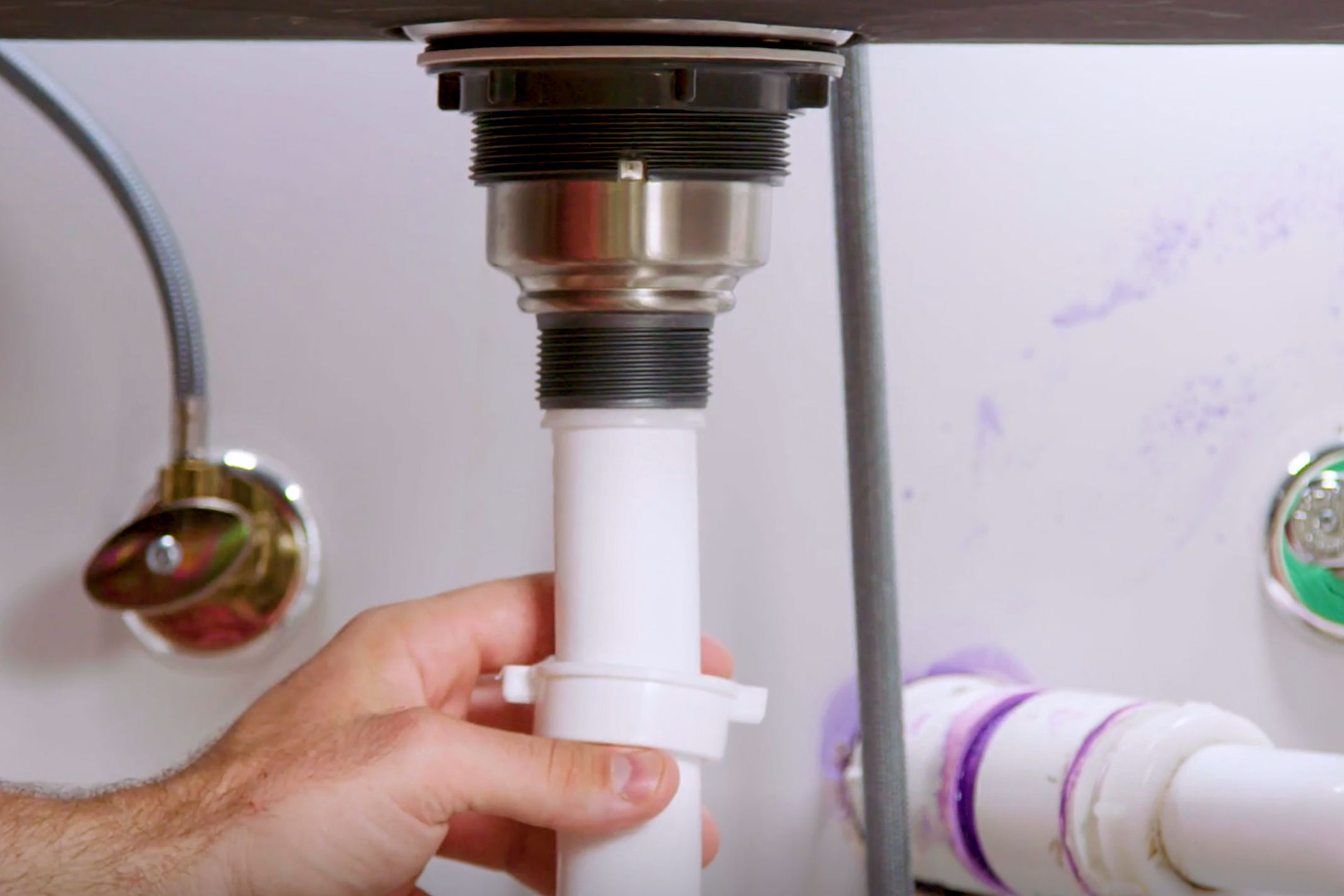
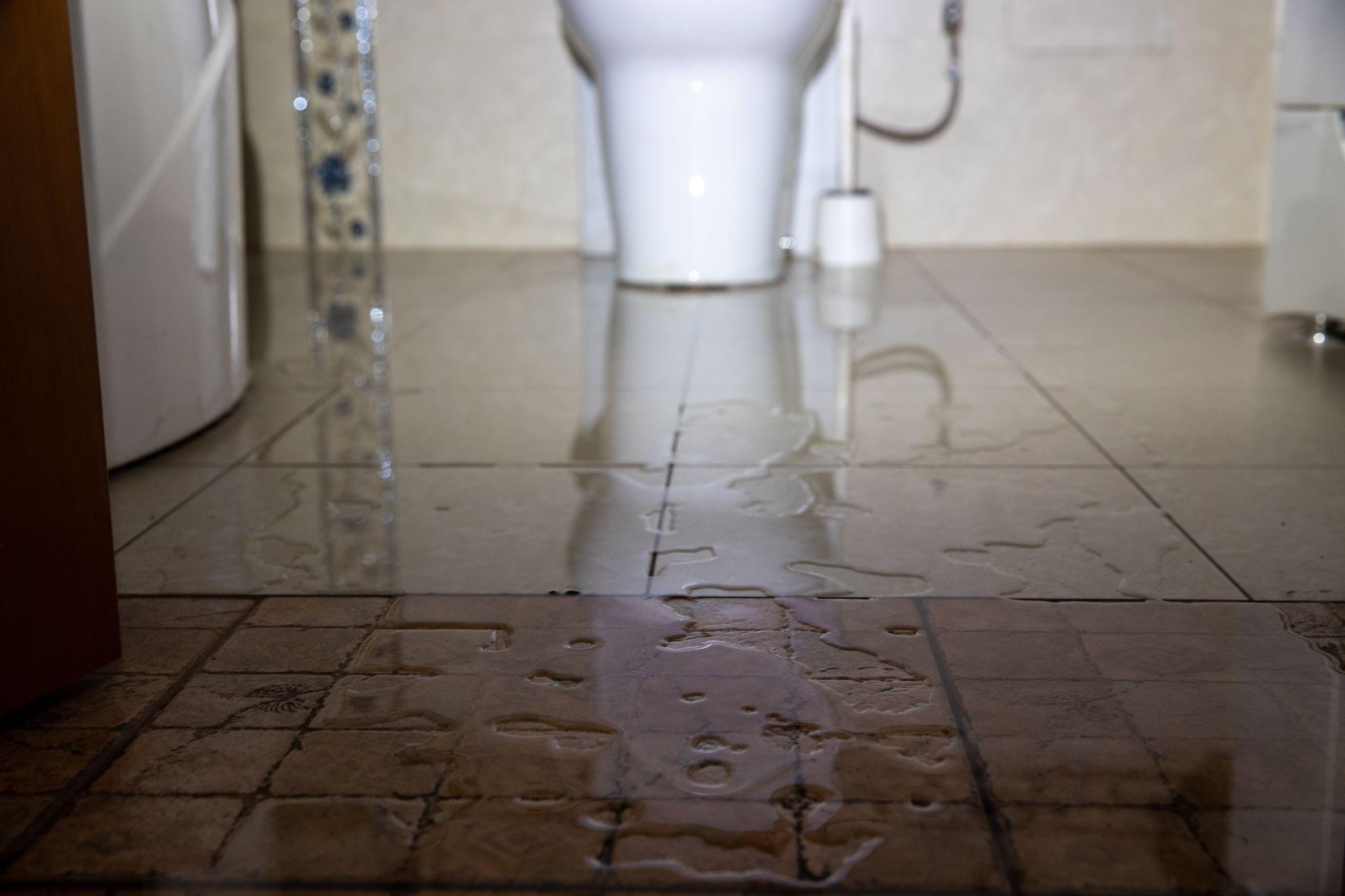
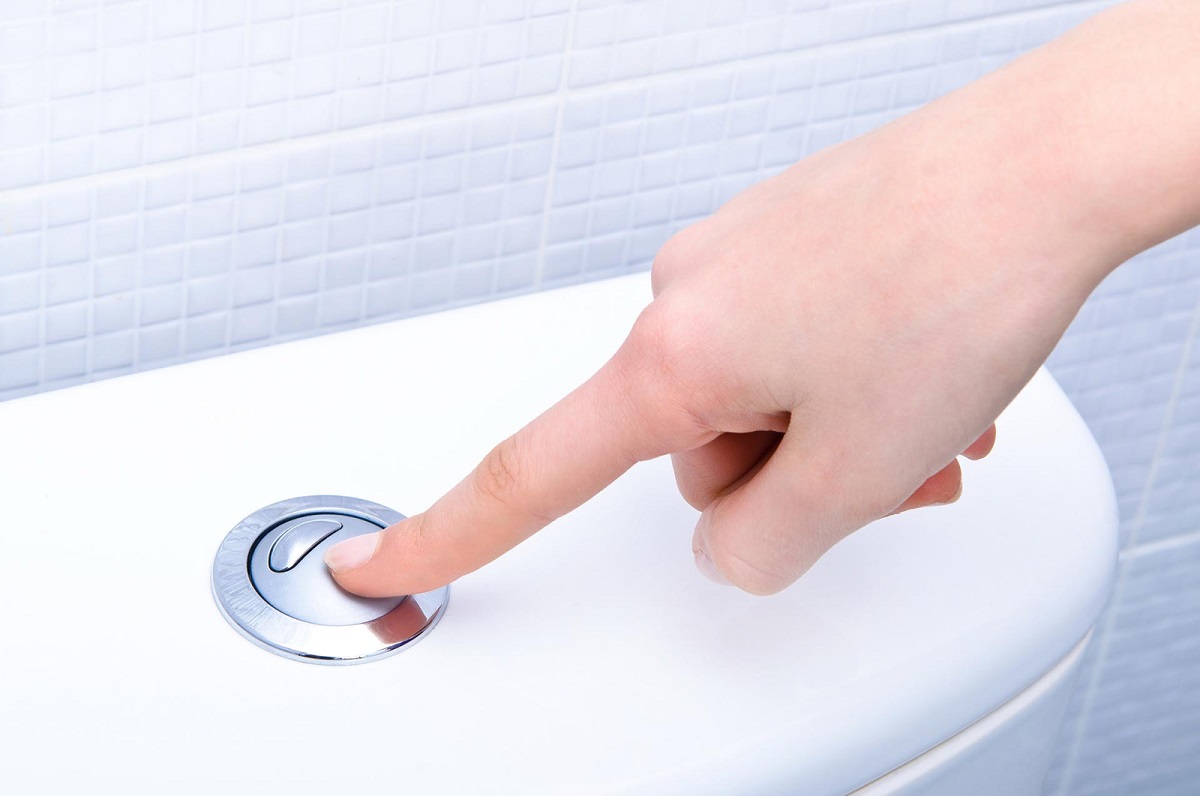
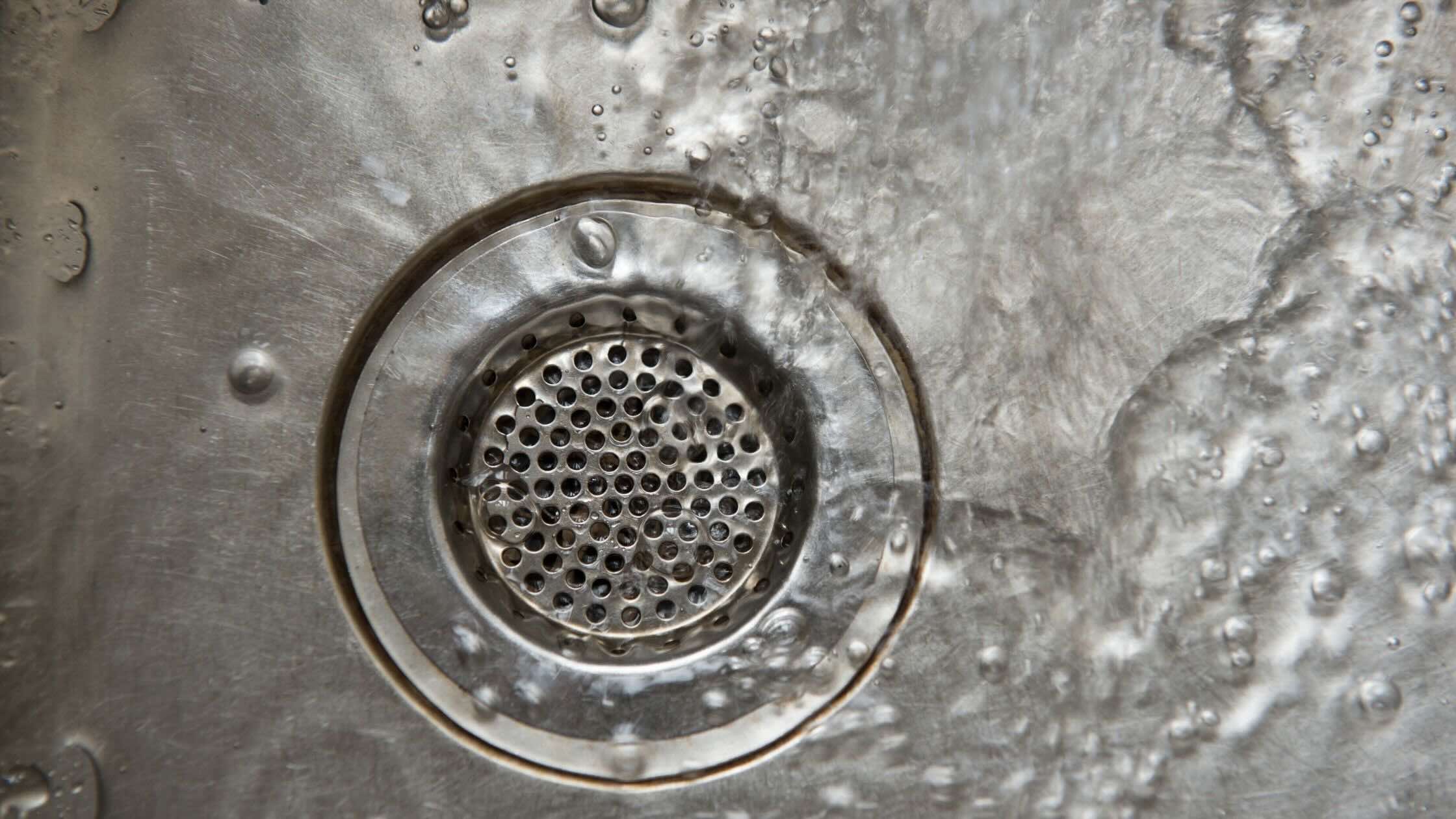
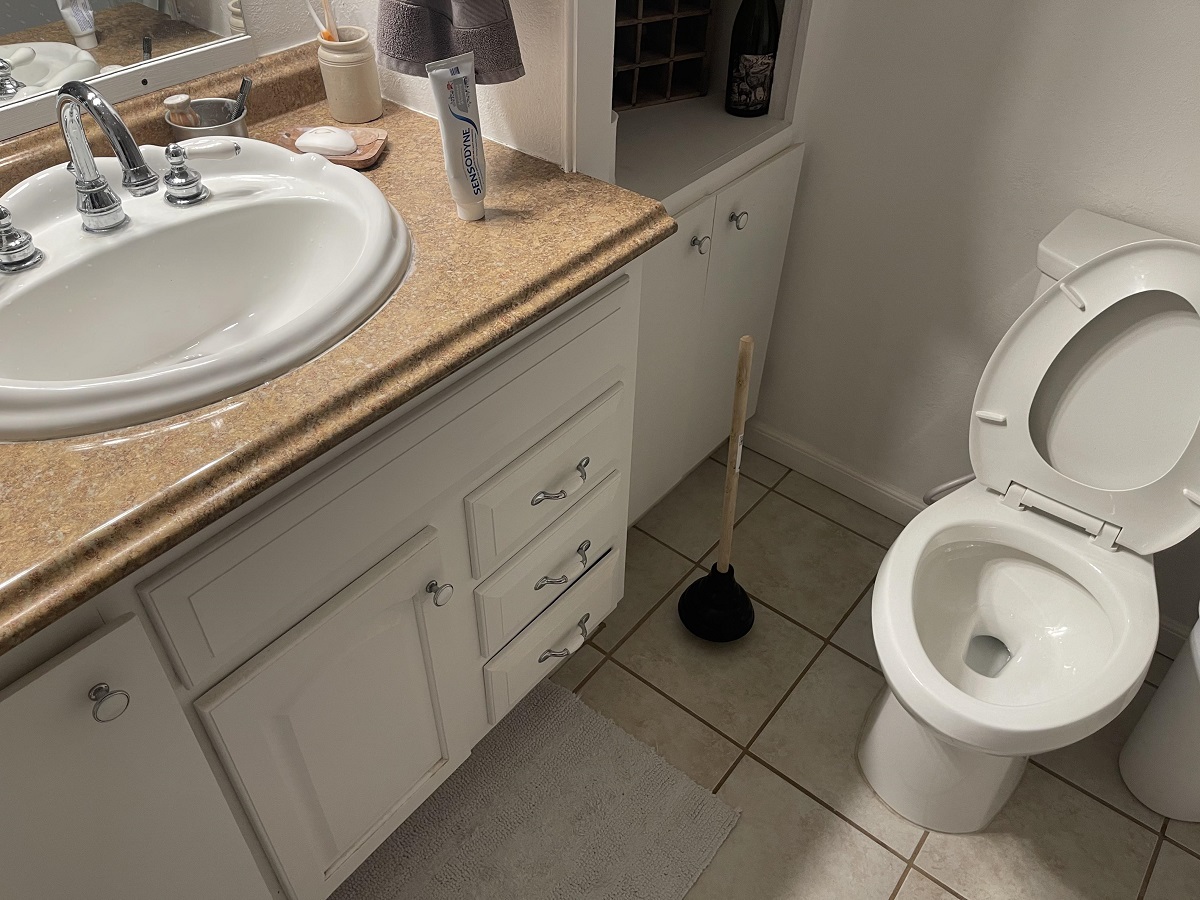
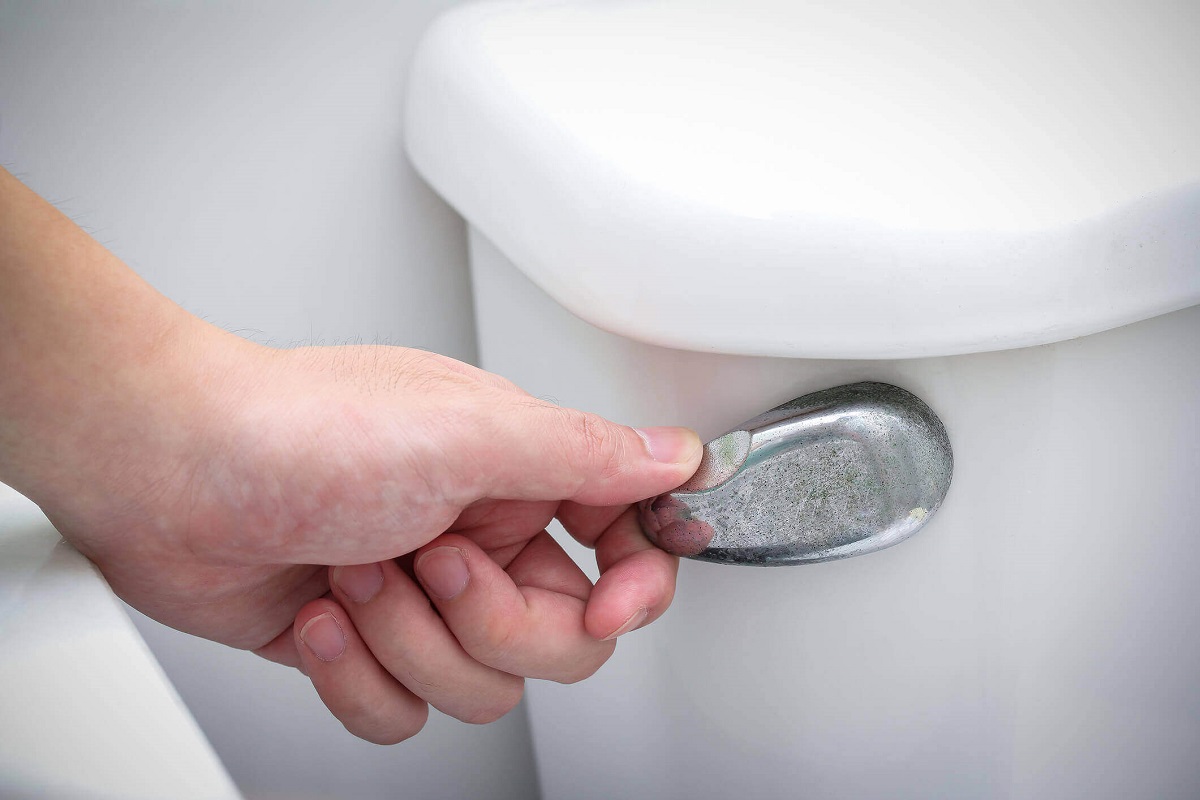
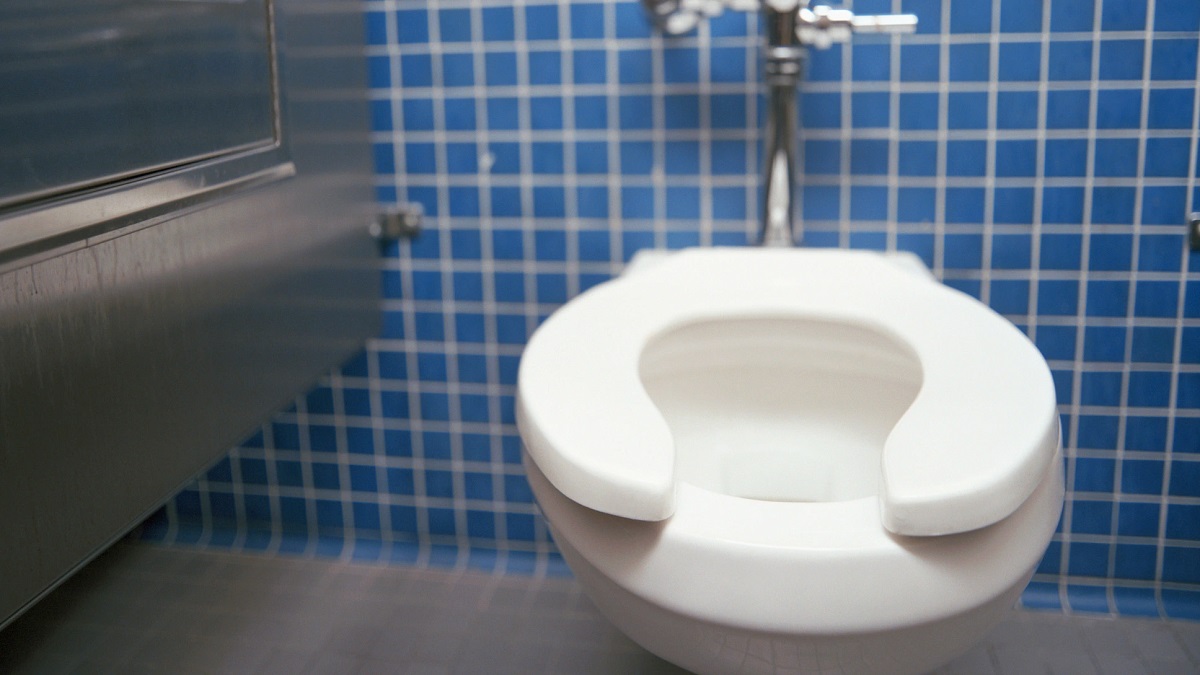
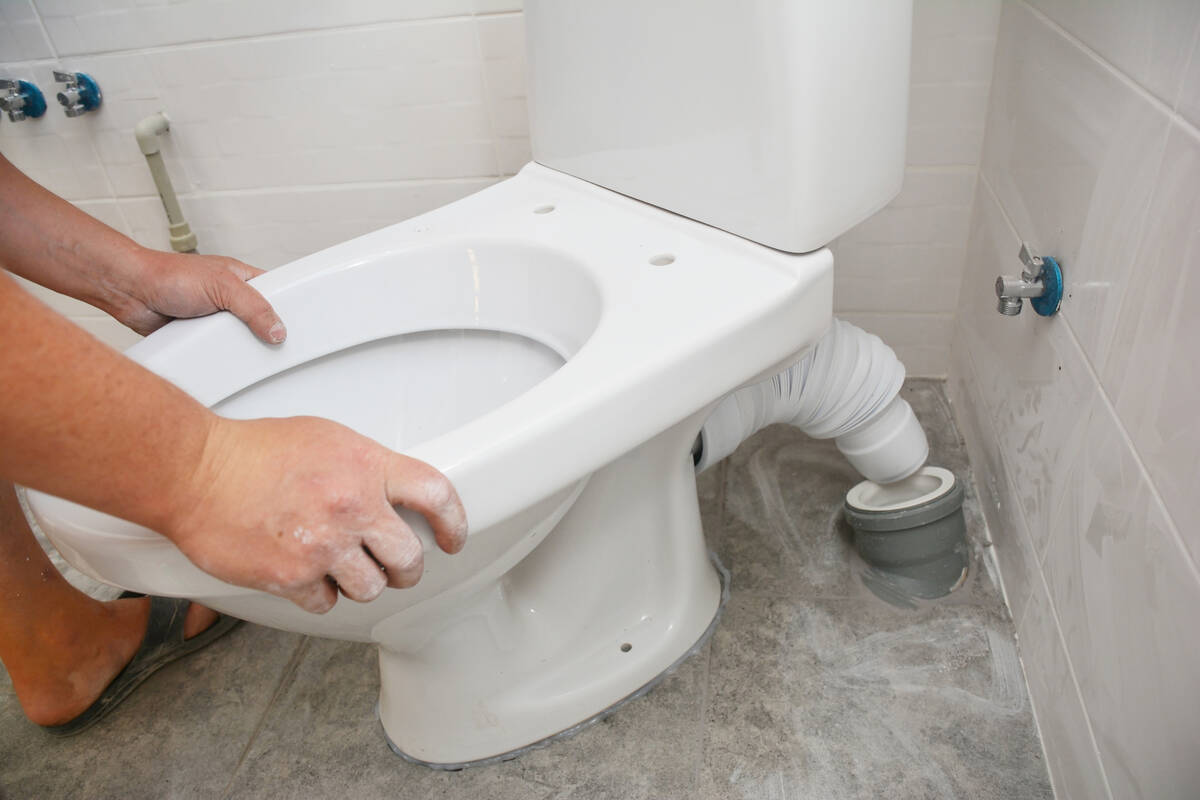
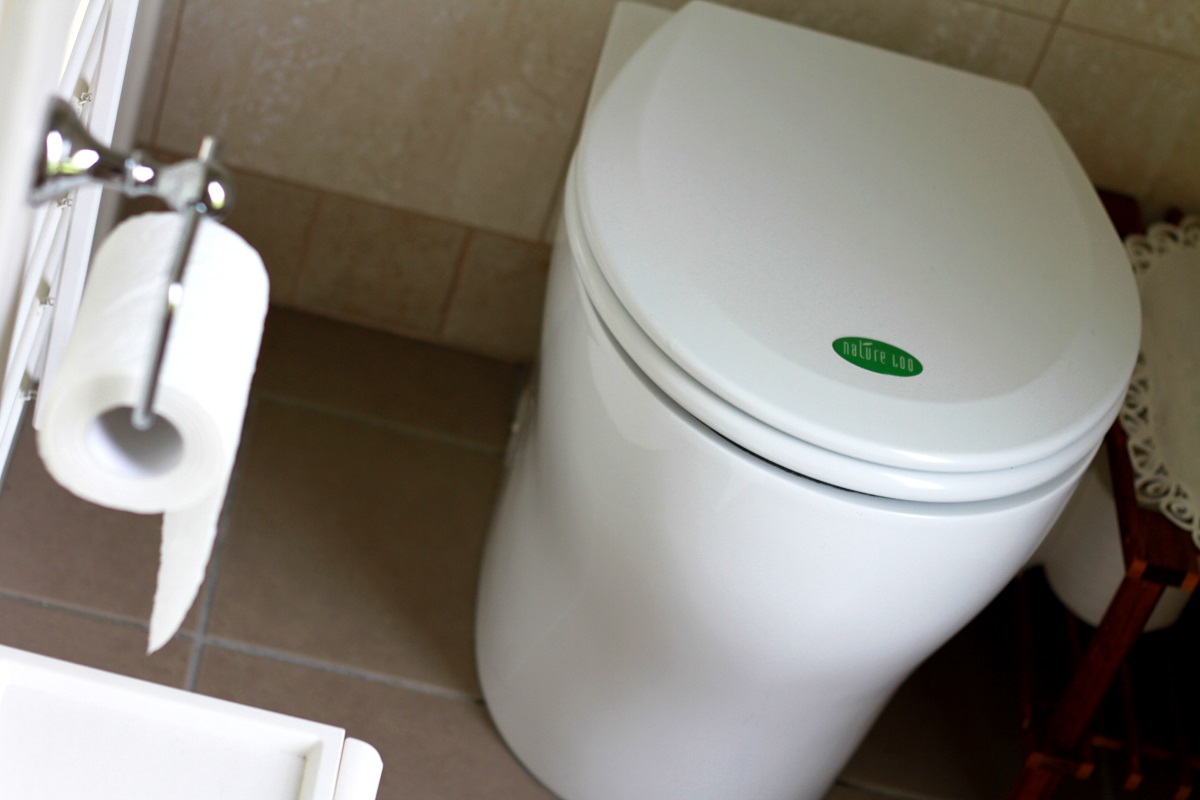
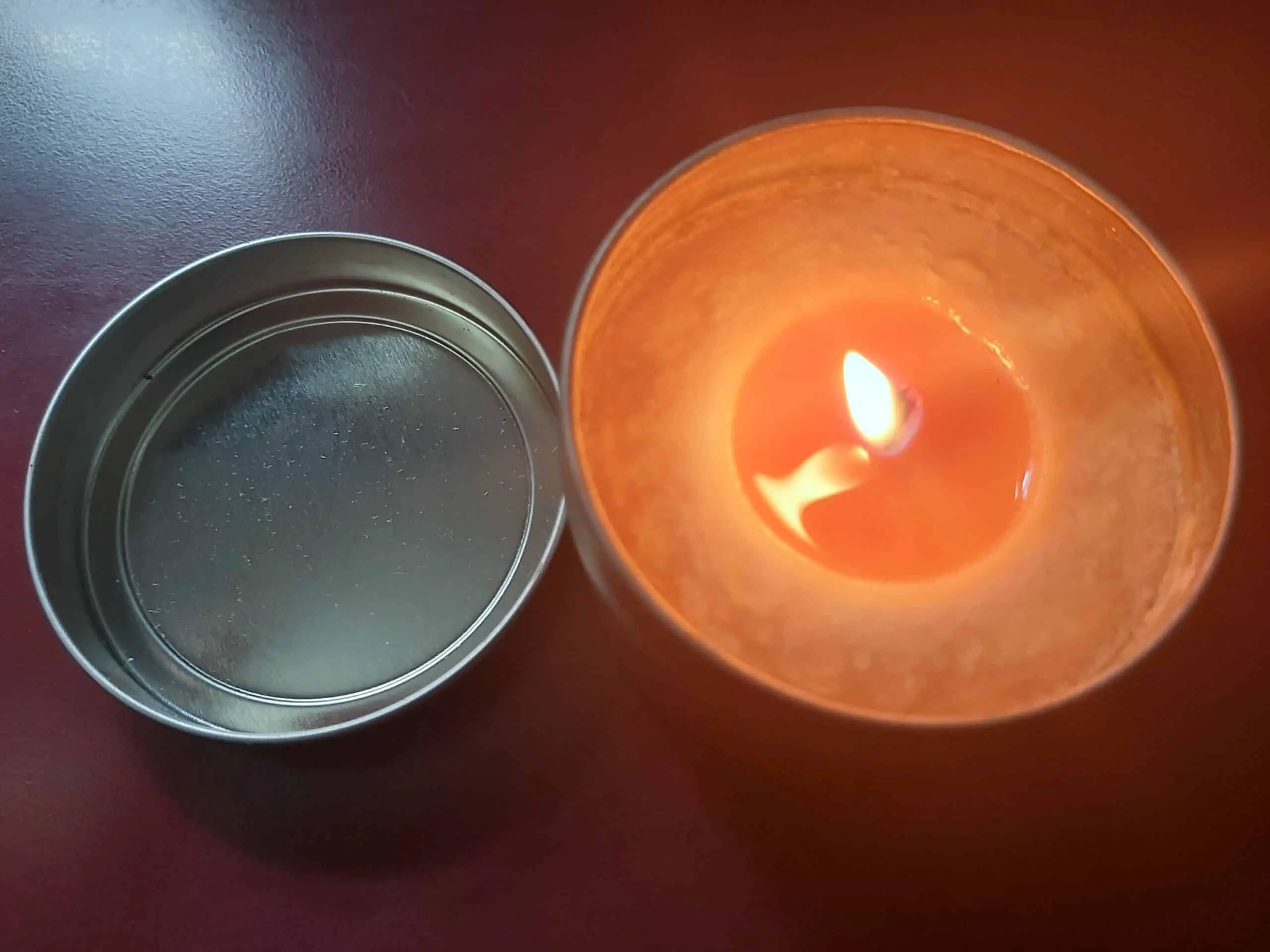
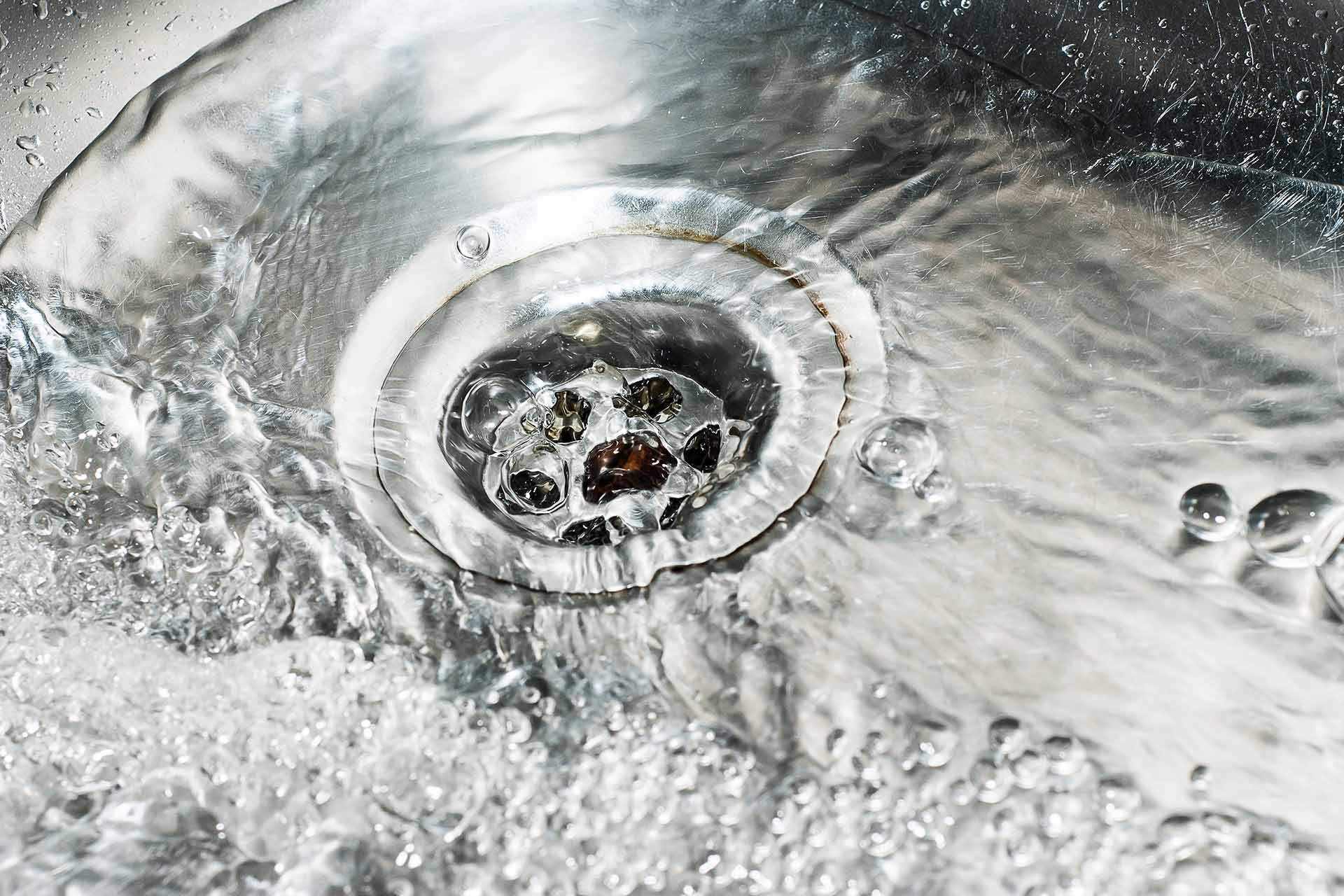
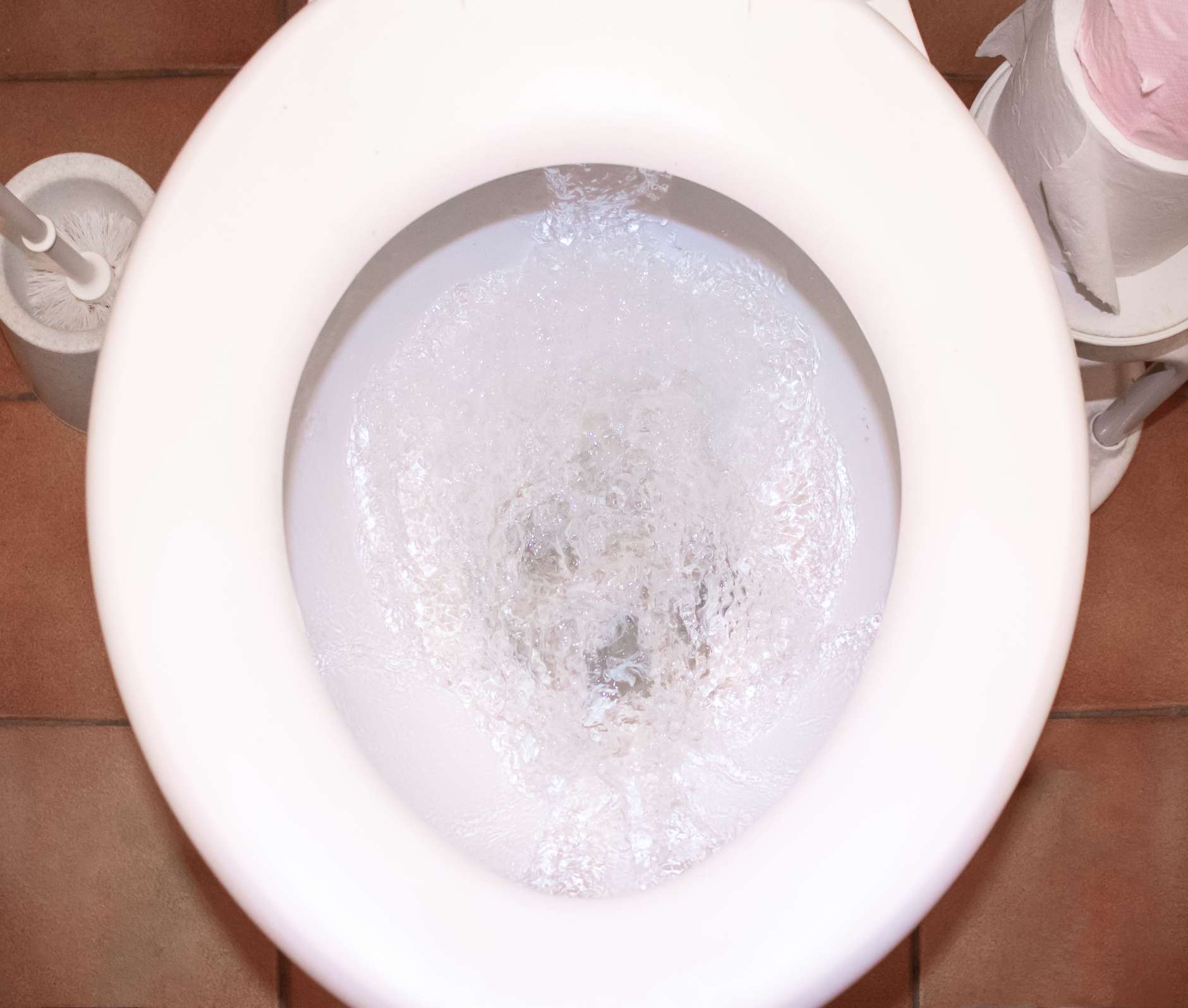
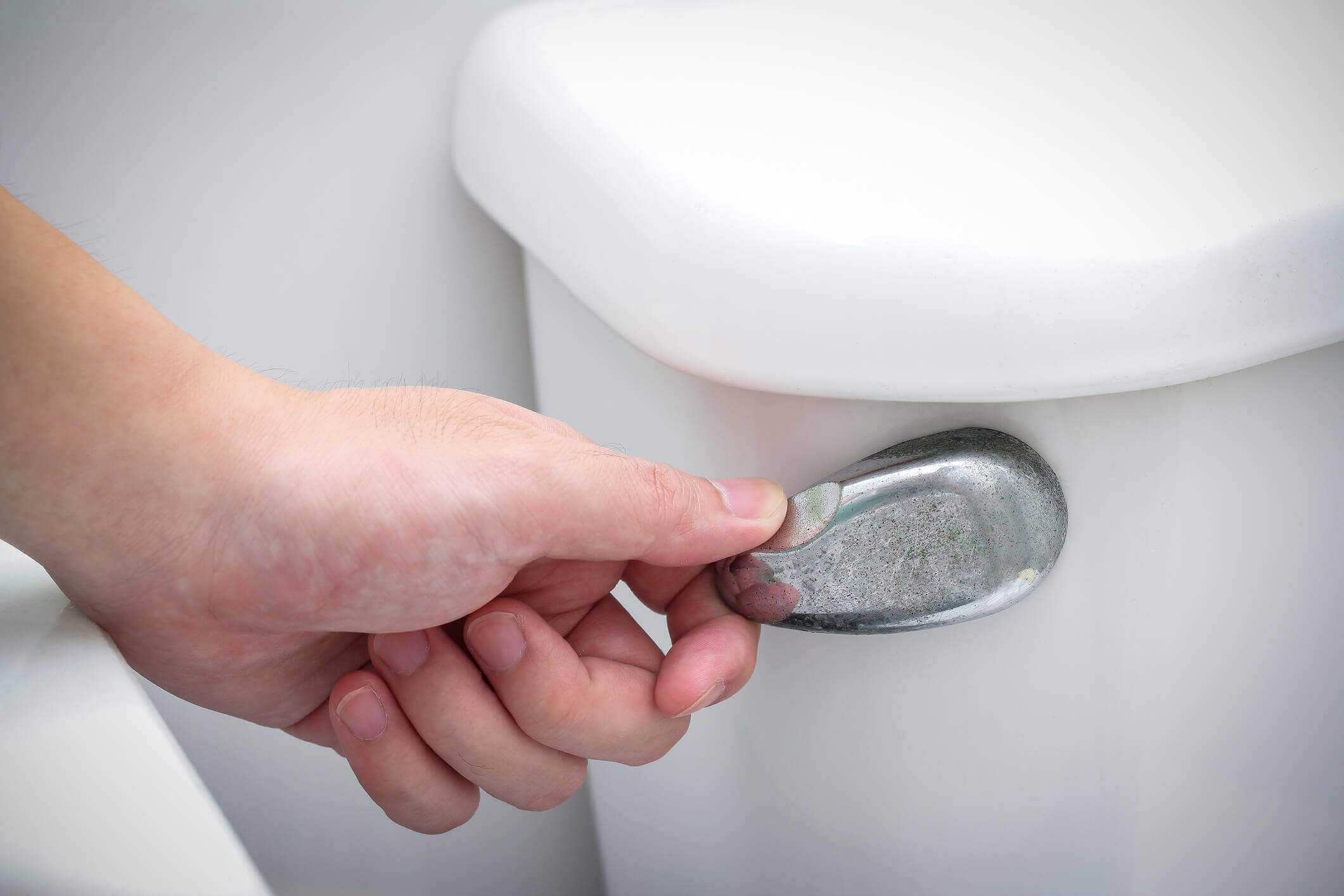

0 thoughts on “Why Does My Sink Gurgle When The Toilet Is Flushed”